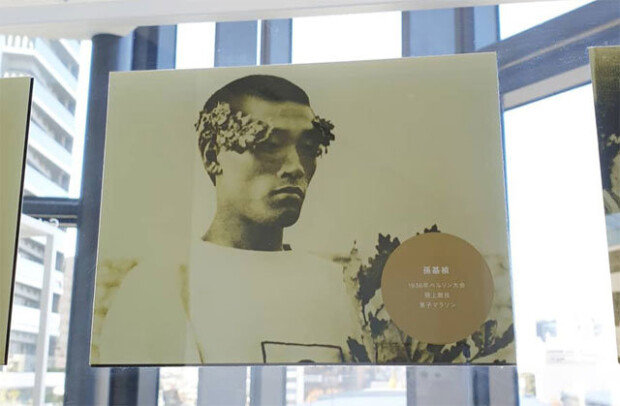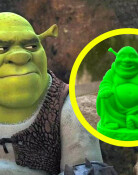Photo of Korean Sohn Kee-chung displayed at Japan Olympic Museum
Photo of Korean Sohn Kee-chung displayed at Japan Olympic Museum
Posted June. 18, 2021 07:18,
Updated June. 18, 2021 07:18

Controversy is growing over the Japan Olympic Museum near the main stadium – the venue for the opening and closing ceremonies of the 2021 Tokyo Olympics - portraying Korean marathon hero Sohn Kee-chung (1912∼2002) as a Japanese gold medalist.
The controversial Olympic exhibition in Tokyo was first reported by Korean students in Japan. The photo of Sohn Kee-chung who won a gold medal in the marathon during the 1936 Berlin Olympics is placed at the top in a session to display Japanese gold medalists, according to Professor Suh Kyung-deok of Sungshin Women's University. It shows Sohn wearing a laurel wreath on the victory stand with a caption written in Japanese, “Sohn Kee-chung, men’s marathon in the 1936 Berlin Olympic Games.” The museum is run by the Japanese Olympic Committee (JOC). It has since June 1 been open to the public. Before then, it was closed due to COVID-19 situations.
Professor Suh said on Thursday that he sent mails of protest to the Tokyo Organizing Committee of the Olympic and Paralympic Games and the JOC. “It may come as no surprise that anyone who comes across the exhibition mistakenly thinks Sohn as a Japanese athlete,” said the professor. “It is historically true that Sohn joined the Japanese national team with the national flag of Japan on the chest. However, we should let the rest of the world know that Sohn is Korean.”
The International Olympic Committee (IOC) provides a historical description on its website, clarifying him as “Sohn Kee-chung of Korea” and explaining that Korea was then colonized by the colonial administration of imperial Japan. Since Mr. Suh found Dokdo Island marked as part of Japanese territory on the website of the Tokyo Olympics, he has sent mails of protest to the IOC and the TOCOG.
“Japanese people used to be careful about the story of Mr. Sohn but things have changed. It happened just one year ago as well,” said Sohn’s grandson Lee Jun-seung, who is serving as secretary general of the Sohn Kee Chung Memorial Foundation. “The beauty of the Olympics is marathon. I partially understand that Mr. Sohn holds great significance in the history of Japan's Olympic Games. However, it is a disrespectful gesture against Korea to skip descriptions of him being Korean and remembered as a saddened hero.”
Jae-Yeong Yoo elegant@donga.com







